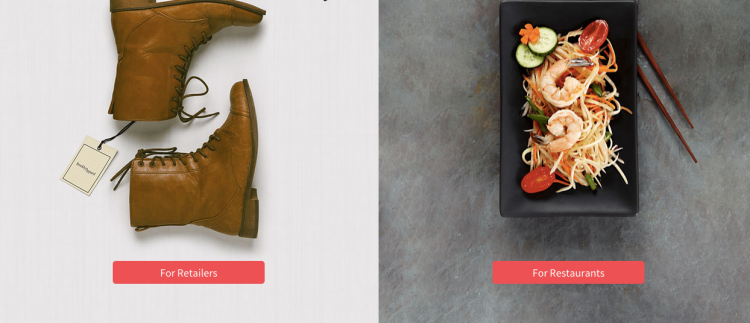Want smarter insights in your inbox? Sign up for our weekly newsletters to get only what matters to enterprise AI, data, and security leaders. Subscribe Now
As more mobile point-of-sale systems crowd the field, Montreal-based Lightspeed just snagged $61 million in funding to grow adoption of its platform among mid-market retailers and restaurants worldwide.
Though Square and PayPal are increasingly staking their claims to various retailers large and small, there are still a few alternative players competing to put a terminal in every restaurant and store. Lightspeed, which differentiates itself from competitors like Square and PayPal with its back-office software, is gearing up for expansion. The company works with 25,000 businesses in 200 countries and plans to grow its customer base further by taking advantage of shifting regulations in certain countries.
For instance, as of October 1, Visa and MasterCard will no longer accept liability for fraudulent transactions related to magnetic stripe credit cards in the U.S. That burden will soon become the merchant’s responsibility. As a result, U.S. merchants may be inclined to change out their point of sale in favor of one that accepts more secure, chip-based credit cards.
Still, the global POS market is increasingly saturated, and many of Lightspeed’s competitors offer much of the same back-office software that it does. However, there are a few ways Lightspeed differentiates itself. In addition to handling payroll, staff management, ecommerce, and inventory, Lightspeed also offers a purchasing system that lets merchants buy new inventory directly from the POS.
“We actually have 10 million items in catalogues that we can order through the system,” said CEO Dax Dasilva. Its ordering feature attracts a multitude of small and mid-sized businesses, from bike shops to restaurants. Chains in particular will find this useful, because the app allows merchants to look at what other store locations have in-stock and create private inventory lists that can be shared across a network of stores.
It also groups all of its products into a single package for a monthly fee, rather than charging merchants per transaction. Prices for restaurants range from $59-$205 a month, depending on the size of the business. Prices for retailers are $76-$222 monthly.
Beyond retail shops, Lightspeed is making headway in getting its cloud-based point of sale adopted by restaurants. Over the last year, the company rolled out a restaurant product that allows servers and managers to create floor plans and seating charts, place food orders, handle delivery, and run reports. So far, Lightspeed has only seen adoption of its restaurant product in Europe.
Very few point-of-sale players are developing software for restaurants. Square has a product that can be used at bars and cafes, but not in restaurants that take reservations or require a seating chart. It also has a food delivery service through Caviar, but this is not a robust restaurant offering.
Though Lightspeed’s restaurant software may be ahead of the game, the company still has a lot of catching up to do. Square, which is available in 130 countries, boasts 100,000 merchants, and PayPal has 10 million merchants globally. There are also still a large number of merchants around the world who use legacy systems like First Data to process transactions. Suffice it to say, Lightspeed has its work cut out for it.
Since its founding in 2005, Lightspeed has raised a total of $125 million in investor funding from iNovia Capital, Accel Partners, Caisse de dépôt et placement du Québec, and Investissement Québec.


